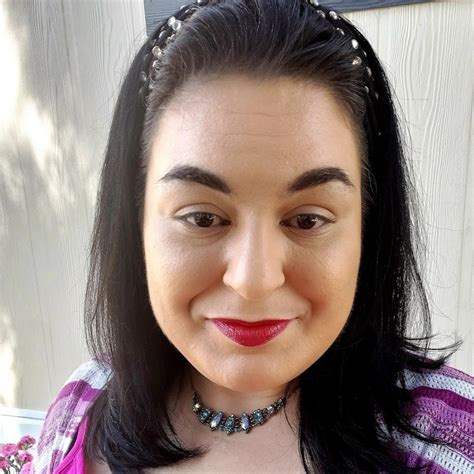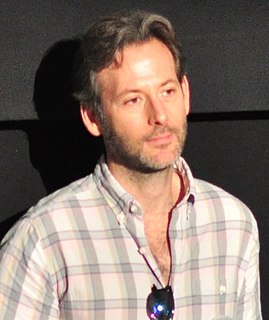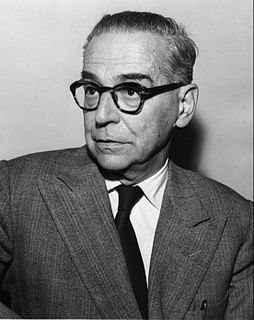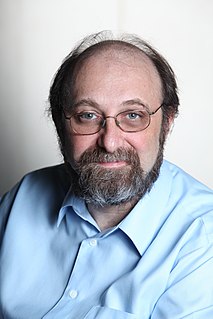A Quote by Ashly Lorenzana
Most of the pain we feel is nothing more than a story that needs telling.
Related Quotes
My parents telling me that if there is a story you feel compelled to share, then you are responsible for doing that. You can't ask someone else to take on that story - or you can, but you have to deal with whatever the fallout is. If the story doesn't end up being told the way you originally heard it or that you feel it needs to be expressed, that's on you.
Knowing that a story needs to be told is a great motivator, even if telling a given story comes at a price. Writing Hunger has been the most difficult writing of my life, and it's the rawest and perhaps most necessary. We'll see how people take it. I always strive to write beyond personal catharsis because though I write first and foremost for myself, I do recognize that I need to look outward as much if not more than I look inward, so the reader has something with which they can engage.
Grief does not end and love does not die and nothing fills its graven place. With grace, pain is transmuted into the gold of wisdom and compassion and the lesser coin of muted sadness and resignation; but something leaden of it remains, to become the kernel arond which more pain accretes (a black pearl): one pain becomes every other pain ... unless one strips away, one by one, the layers of pain to get to the heart of the pain - and this causes more pain, pain so intense as to feel like evisceration.
The ‘experimental’ writer, then, is simply following the story’s commands to the best of his human ability. The writer is not the story, the story is the story. See? Sometimes this is very hard to accept and sometimes too easy. On the one hand, there’s the writer who can’t face his fate: that the telling of a story has nothing at all to do with him; on the other hand, there’s the one who faces it too well: that the telling of the story has nothing at all to do with him
I think that people have to have a story. When you tell a story, most people are not good storytellers because they think it's about them. You have to make your story, whatever story it is you're telling, their story. So you have to get good at telling a story so they can identify themselves in your story.
Of everything that man erects and builds in his urge for living nothing is in my eyes better and more valuable than bridges. They are more important than houses, more sacred than shrines. Belonging to everyone and being equal to everyone, useful, always built with a sense, on the spot where most human needs are crossing, they are more durable than other buildings and they do not serve for anything secret or bad.
I never know what to tell them. I mean, there's nothing you can say to make a person stop hurting. Half the time, I just feel like telling them the truth. I'd say that for 3 months, you're going to feel worse than you've ever felt and you cope as best you can. And that after 6 months, the pain isn't so bad, but it still hurts more than you think it will. And even after years, you still find yourself thinking about the person you lost and get sad about it. And you still miss them all the time.
When I make film music, I'm a filmmaker first and foremost. It's about serving the needs of the film. You're telling a story; in a way, you stop becoming a composer and become a storyteller instead. You tell the story with the most appropriate themes. How you approach these things is a very personal matter, but your goal is to tell the story first.
































